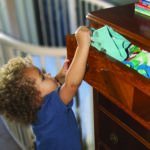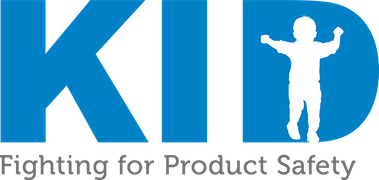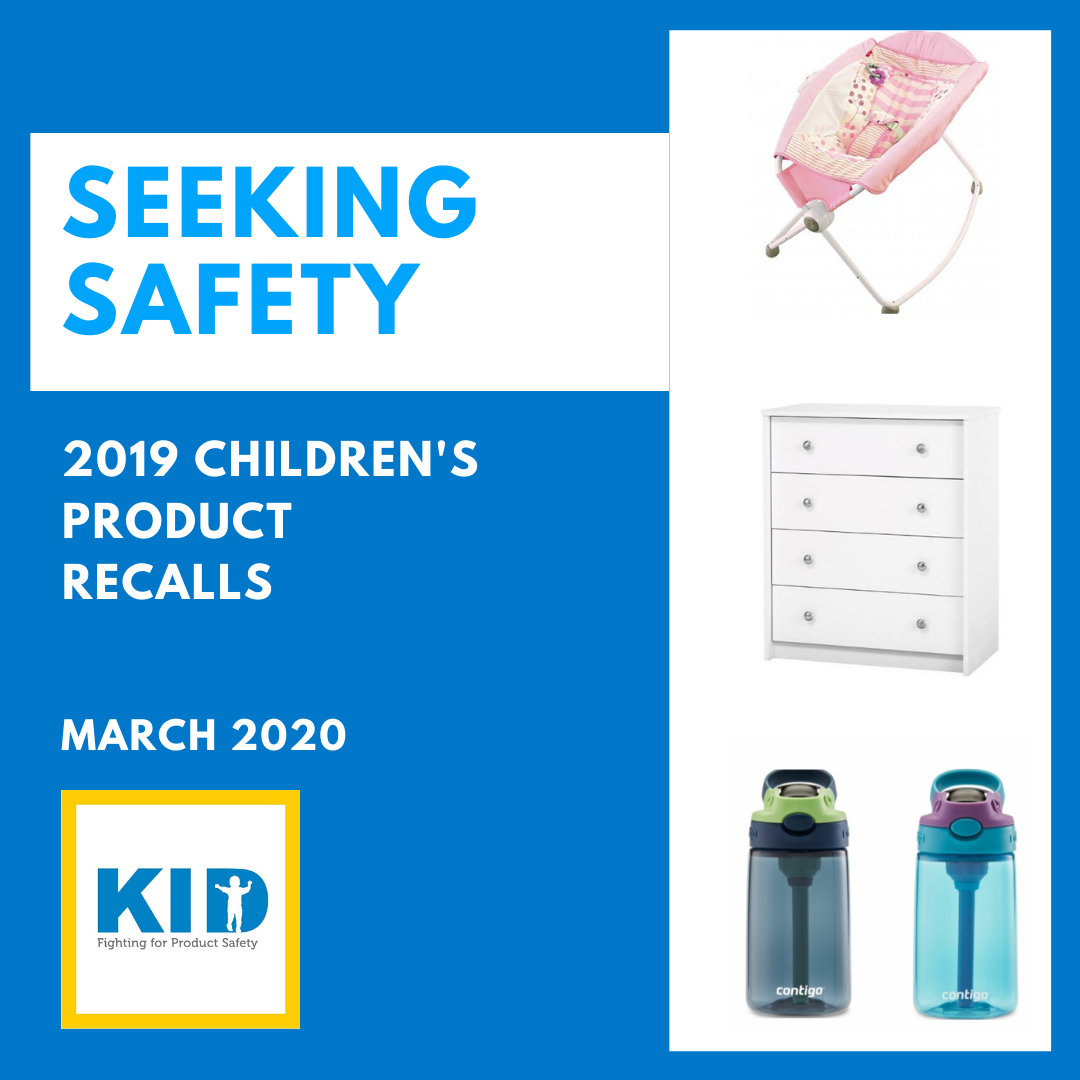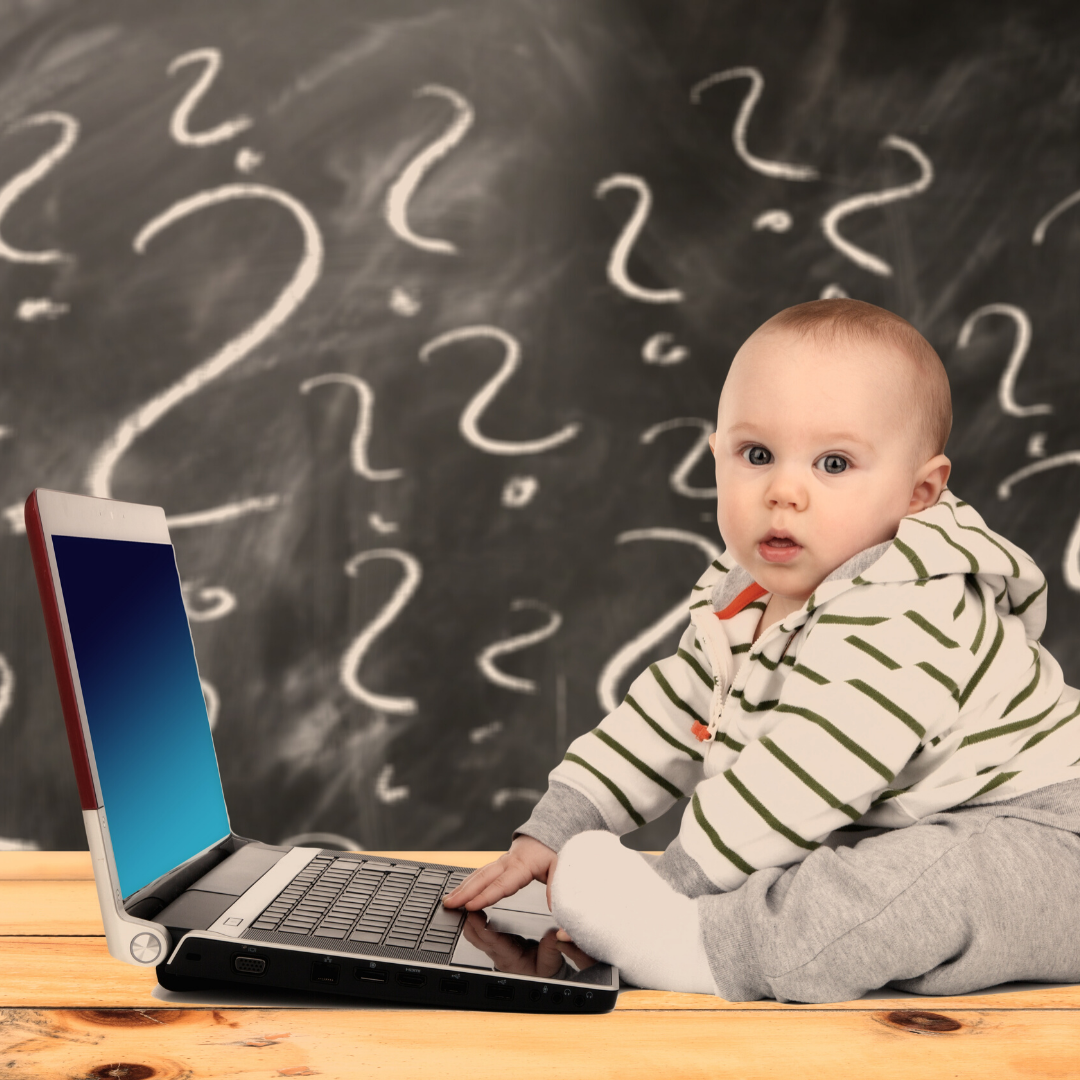 KID, along with Consumer Federation of America and U.S. PIRG Education Fund, developed a consumer guide Protecting Children While Sheltering in Place to alert parents and caregivers about common childhood hazards as families are sequestered during the COVID-19 pandemic.
KID, along with Consumer Federation of America and U.S. PIRG Education Fund, developed a consumer guide Protecting Children While Sheltering in Place to alert parents and caregivers about common childhood hazards as families are sequestered during the COVID-19 pandemic.
While many American cities and states have official “shelter-at-home” policies in place and millions of parents are working from home while caring for children, the nation’s leading child safety organizations have identified specific hazards that parents can protect against during home isolation.
Dangers presented in the guide include:
- Ingestion hazards posed by high-powered magnets, button batteries, and laundry detergent packs,
- Poisoning from cleaning products accessible to children,
- Furniture and television tip-overs due to instability and lack of anchoring,
- Toys meant for older children that are now readily available to younger children can pose choking hazards,
- Unsafe sleeping arrangements for infants,
- Window covering cords that pose strangulation hazards, and
- Recalled products still in use at homes.
There are parents who are now homeschooling their kids while balancing full-time jobs working from home which can create new child safety hazards in homes that normally wouldn’t exist. The guide offers tips for parents and caregivers to remove these hazards from their homes, including:
- An empty toilet paper tube is an easy way to check for choking hazards – if a toy or any of its parts (or any other item) can fit in the tube, it is too small for children under 3.
- Even when routines might be disrupted, follow the ABC’s of safe sleep: Baby sleeps alone, on their back, in a crib, bassinet or play yard that meets federal standards for every sleep.
- Small powerful magnets, button batteries and laundry packets can be fatal if ingested. Keep out of reach of children and call the poison center if you suspect ingestion.
- More can be found in the guide.
Share more safety tips on social media using #StayatHomeSafety.


